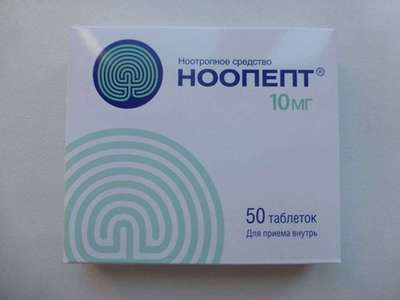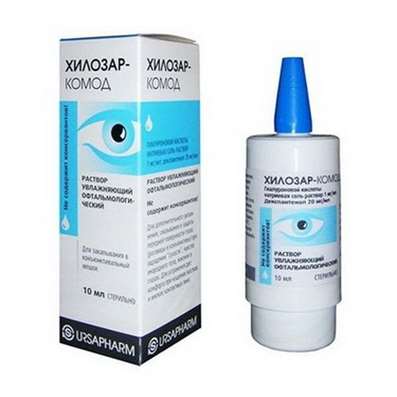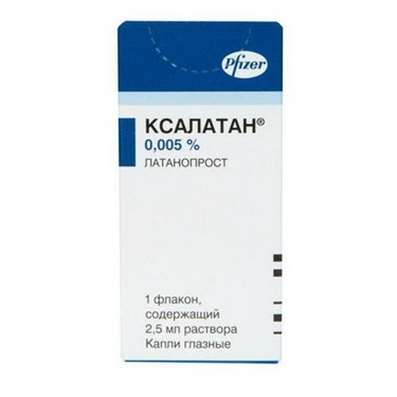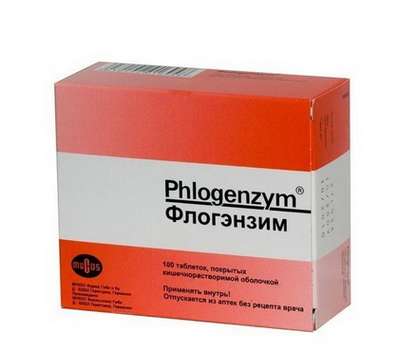Instruction for use: Salamol
I want this, give me price
Active substance Salbutamol
ATX Code R03CC02 Salbutamol
Pharmacotherapeutic group:
beta-agonists
The nosological classification (ICD-10)
J43 Emphysema
Interstitial emphysema, Emphysema, Chronic lung disease, Chronic obstructive pulmonary disease, Obstructive pulmonary emphysema, Chronic pulmonary emphysema, Chronic obstructive pulmonary emphysema
J45 Asthma
Asthma physical effort, status asthmaticus, Bronchial asthma, Asthma lung flow, Bronchial asthma with obstruction of sputum discharge, Bronchial asthma heavy currents, Bronchial asthma physical effort, hypersecretory asthma, Hormone-dependent form of bronchial asthma, Relief of asthma attacks in bronchial asthma, Non-allergic asthma, nocturnal asthma, Exacerbation of asthma, Asthma attacks, Endogenous forms of asthma, Night asthma, Cough with bronchial asthma
J98.8.0 * Bronchospasm
Bronchospasm in bronchial asthma, Bronchospasm when exposed to an allergen, bronchospastic reactions, bronchospastic status, bronhospastichesky syndrome, Diseases accompanied by bronchospastic syndrome, reversible bronchospasm, spasmodic cough
Structure and Composition
1 dose contains salbutamol aerosol 100 mcg; aluminum cylinder 200 c-dose inhalation device, in a plastic case 1 cylinder.
pharmachologic effect
bronchodilatory.
It stimulates the beta 2-adrenergic receptors.
pharmacodynamics
Excited beta2-adrenergic receptors in the bronchi, myometrium, blood vessels (when inhaled - mainly in the bronchi). It possesses strong bronchodilator effect of: relieves and prevents spasm of the bronchi, decreases resistance in the airways, increasing lung capacity. At the same time causes a decrease in the release of histamine, slow reacting substance of anaphylaxis and other biologically active substances from mast cells.
Indications of Salamol
Relief and prevention of asthma attacks; bronchitis, emphysema, and other diseases associated with bronchospastic syndrome.
Contraindications
Hypersensitivity to the drug, children's age (up to 2 years).
Pregnancy and breast-feeding
With care, after consulting with a doctor.
Side effects
Paradoxical bronchospasm, angioedema, low blood pressure (when using high doses), headache, restlessness, anxiety; muscle tremors.
Interaction
Theophylline increases the risk of tachycardia and arrhythmia, particularly supraventricular arrhythmia.
Dosing and Administration
Inhalation, adults and children over 2 years of age for the prevention and relief of bronchospasm attacks - 100-200 g (1-2 inhalation). The daily dose for adults should not exceed 800 mcg (8 inhalations). The need for frequent (more than 3-4 times a day) use of the drug or an increase in the number of symptoms that require further use of the drug suggests the need to revise the program of antiinflammatory therapy.
Overdose
Symptoms: tachycardia, weakness, low blood pressure, muscle tremors.
Treatment: selective beta1-blockers (to avoid their introduction in high doses, as in individuals with hypersensitivity may cause bronchoconstriction).
Precautionary measures
Be wary appoint patients with heart disease, hypertension, diabetes.
Storage conditions
In a cool, dark place (do not freeze).
Keep out of the reach of children.
The shelf life
2 years.
Do not use beyond the expiration date printed on the package.

 Cart
Cart





